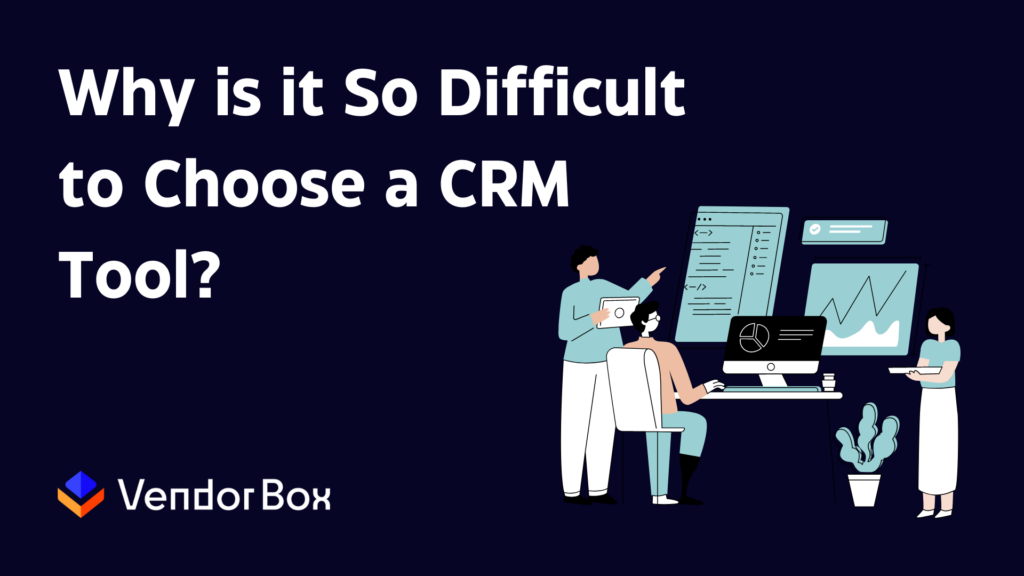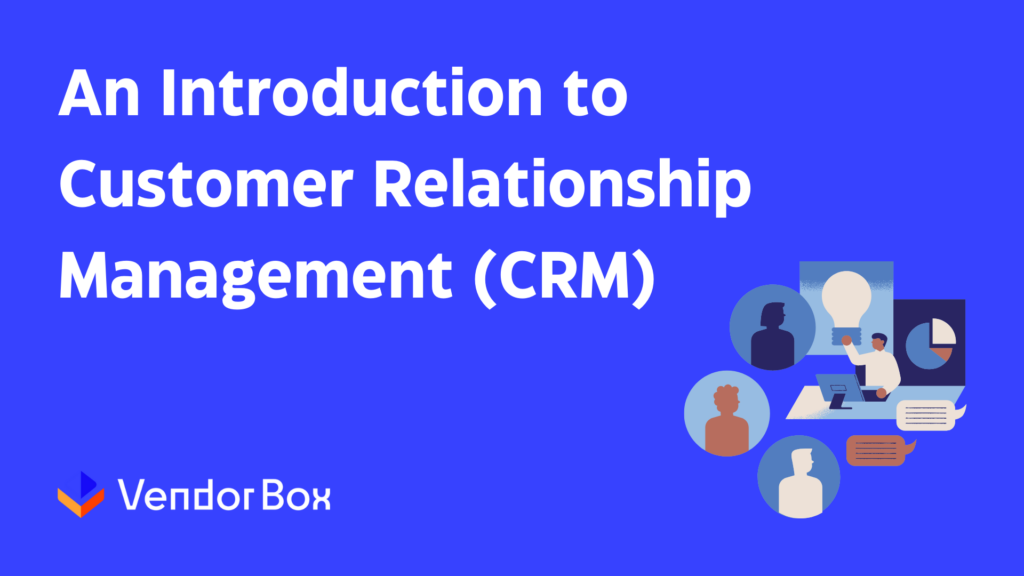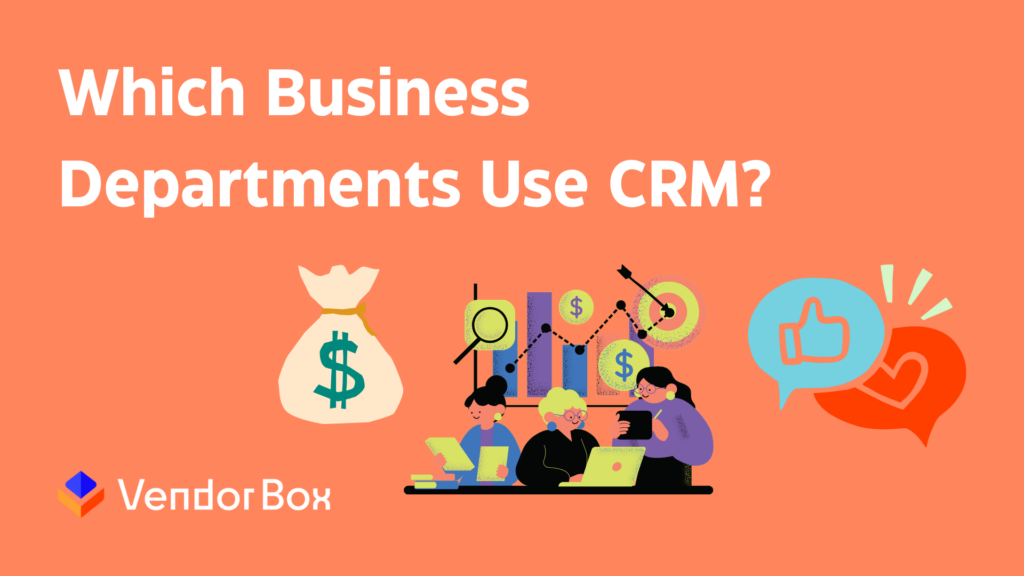
Finding the right CRM tool is no easy feat, with businesses spending an average of 11 weeks in the search process, amounting to approximately $25,000 in costs. Despite these efforts, up to 70% of CRM projects ultimately fail to meet expectations, resulting in staggering losses of revenue – over $600 billion annually in the US alone.
One critical factor contributing to this high failure rate is the lack of involvement from actual users during the selection process, leading to significant dissatisfaction with the chosen tool once it’s implemented. In fact, our research reveals a startlingly low Customer Satisfaction (CSAT) score of just 2.7 out of 5 for CRM tools.
Why is it so difficult to choose a CRM tool?
Here are the top six reasons why it is so difficult for businesses to select the right CRM tool:
- Vendor Overload: The abundance of CRM vendors in the market can make it overwhelming to research and compare various options, often resulting in decision paralysis. This either confuses, demotivates or downright frustrates the team member left with the task to research and shortlist options – often resulting in poorly judged and rushed decisions.
- Limited Understanding of CRM: Many researchers and decision-makers do not fully grasp the capabilities and differences between CRM systems, despite being given the ultimate responsibility of the task. This can lead to a ‘blind leading the blind’ situation, where there’s difficulties in articulating needs, shortlisting relevant options, and making a fully informed decision.
- Complexity of Requirements: Defining and prioritizing the specific requirements and functionalities needed from a CRM tool can be challenging, especially when different stakeholders have conflicting priorities or unclear expectations. It requires some strong stakeholder management and prioritization – something that a lot of teams and businesses in general are not well practiced in.
- Integration Requirements: Along with requirements within the CRM tool itself, assessing the compatibility and integration capabilities of the tool with existing systems is also crucial. In organizations where there are many different tools working together – such as ERP or marketing automation platforms – it can prove a very complex and time-consuming process. This often leads to decision makers being hesitant to jump ship due to a high switching cost.
- Misleading Reviews: Given all of the specific requirements you need to consider, you’d think online reviews would be a good place for information and insight. Unfortunately, online reviews can commonly prove misleading because of the lack of cohesive knowledge and understanding of the CRM tools that exist. What’s more, they may not cater to specific business areas or meet the unique needs of your particular company.
- Budgetary Constraints: Last but not least, aligning the cost of CRM solutions with the budget you’ve been allocated, while also striving to meet all essential requirements can be a significant challenge – particularly for smaller businesses. While there are some helpful consultants out there for support, these also just add to the costs you’re likely to incur.
Why do companies choose to switch their CRM tool?
Given the above, you’d expect that companies would choose a CRM tool and stick with it – they wouldn’t want to go through the process again! Unfortunately, given the low satisfaction score, businesses often find themselves needing to switch tools at least a couple of times in their lifetime.
Many businesses find themselves compelled to switch to a new CRM platform due to various shortcomings. Through our research, we found that:
- 13% of companies choose to switch CRM tool due to their current platform’s inability to support the size and scale of their operations
- 9% report poor customer support as a reason for switching CRM tools
- 6% find their current CRM too costly to maintain

All of these challenges underline the importance of selecting a CRM system tailored to the specific needs and dynamics of each business environment. This includes anticipating future business needs, as well as the industry you’re in – a CRM tool that is great for a manufacturing company, for instance, will likely fail when deployed within an educational institution. This highlights the critical role of industry alignment in CRM selection and implementation processes, on top of all the other contextual factors we shared above.
What’s the best way to choose a CRM tool?
It’s not all doom and gloom though!
We developed Vendor Box to overcome all the obstacles outlined above, and provide a way for you to choose a CRM in a fast, affordable, and personalized way.
After gathering some initial information, our expert knowledge of the CRM tool sector alongside a proprietary algorithm will mean you are provided with CRM tool options that are tailored to your unique business needs and circumstances.
Ready to see the best vendors out there for your business? Start filling out our questionnaire and we’ll be in touch within 3 business days!
Looking for a new CRM?
Don’t waste 11 weeks searching for the right CRM tool for your business. We can deliver a personalized, bias-free recommendation to your inbox in less than 3 business days.


